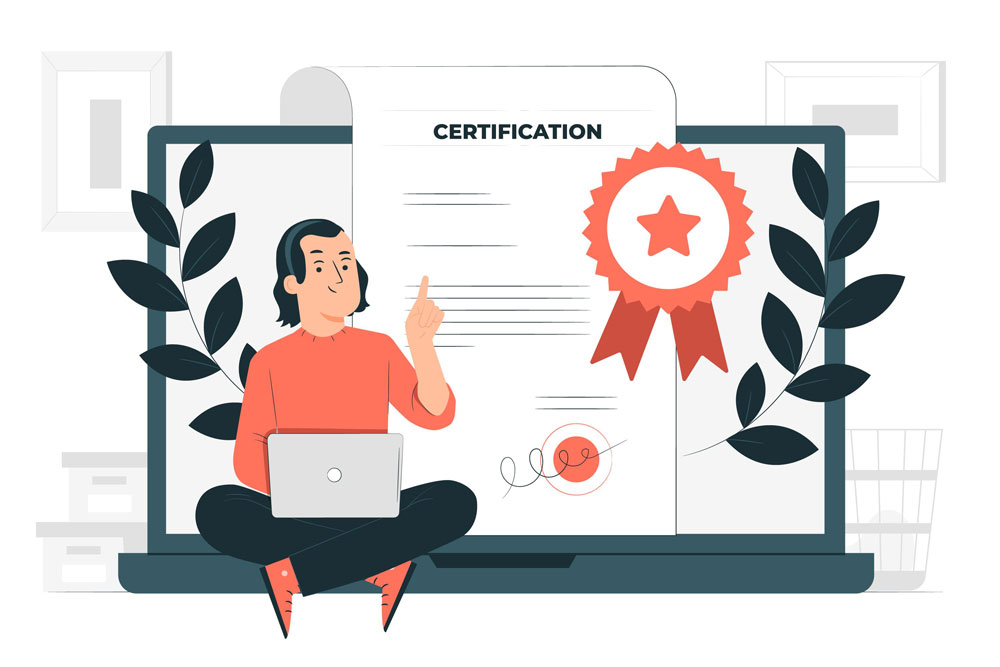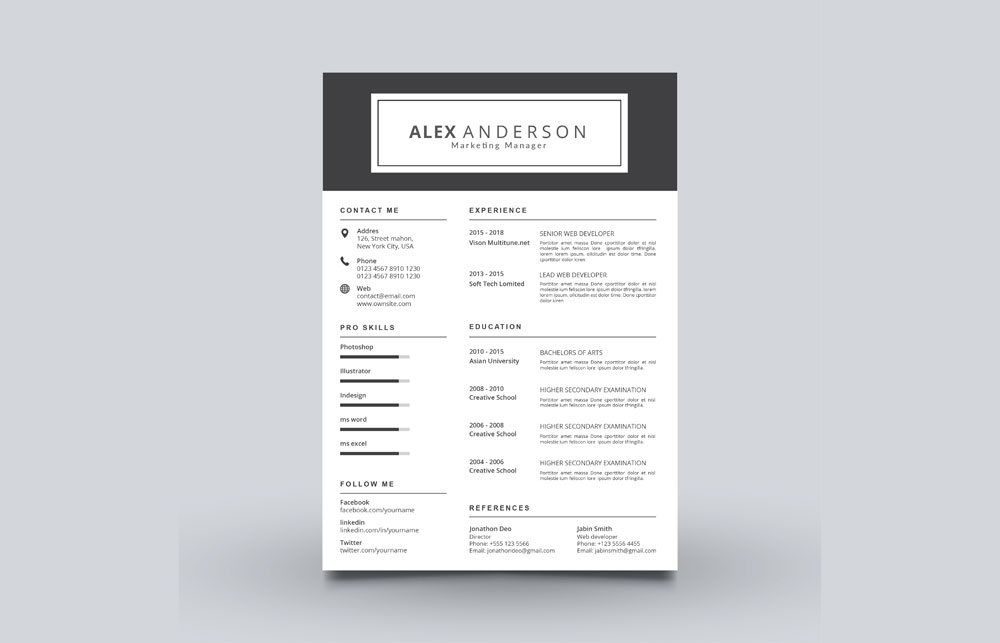Self Management Skills: Definition, Importance, Examples

When it comes to working, productivity is the key to being productive, and there are specific disciplines and rules that you have to set by yourself. If you are after that big promotion coming up or if you want an appraisal, developing your self-management skills will get you closer to reaching that goal.
Here, we will share the importance of self-management and how to develop self management skills to improve your performance at work.
Self-Management Skills Meaning
Merriam-Webster defines self-management as “management by oneself of oneself or one’s affairs.” In the world of work, self-management skills allow you to diligently manage your time, work and yourself at your workplace to be more efficient without relying on your supervisors or even colleagues. To do this, you need to be able to control your emotions and actions at work.

Importance of Self-Management Skills at Work -Reasons with Examples
Take a look at the following reasons & their respective examples as to why skills-management skills are essential at work:
1. Time management
Self-management skills give you the ability to manage your time wisely, which will help you schedule your daily tasks so that you will be able to do as much as you can in a day without procrastinating. This will increase your productivity, and the work task you complete, the more you will be motivated to move on to the next. Self-management skills will help you complete your work on time or earlier.
2. Organisation
Self-Management skills also improve your organisational skills, which will allow you to work more productively as you will be able to know what to do first and complete it before moving on to the next. This will also help you in decreasing your level of stress at work.
3. Professionalism
Professionalism is a quality that every employee must have. With self-management skills, you will be able to focus on your work and not let your anger or emotions get the best of you, even on your bad days. Having good self-management skills will show others that you are a responsible professional who loves your job.
4. Career Advancement
When you do your work diligently and have a good relationship with others because of your self-management skills, the chances of you getting a promotion or a raise increases.
5. Dependability
A person with self-management skills is dependable and reliable. So, as long as you have this skill, your supervisors will trust you and your work.
6. Stress Management
Crisis occurs every now and then at work, and most of the time, people who have bad self-management skills break down and perform poorly. However, with good self-management skills, you will be able to remain calm under pressure. Assess the situation and confidently work to find the solution.
Read More: How to write a Resignation letter
How To Develop & Use Self-Management Skills

As mentioned earlier, improving your self-management skills can help you perform your work better to advance your career. It can also improve your mental well-being. Here are a few ways on how you can develop your self-management skills to be more effective at your workplace.
1. Look After Yourself
First of all, know that your health and well-being comes first. You need to be fit and healthy to work energetically and efficiently. You need to get sufficient sleep. Eat healthily and exercise or work out every now and then, if not every day.
You see, treating your body right will improve your physical and mental health. This further gives you the strength to control your emotions and actions not only at work but also at home. Moreover, exercise helps in lowering levels of stress hormones, which will be a big help when you work.
2. Make a Daily To-Do List
When you begin your day at work, take a look at the tasks or projects you have to finish either the very same day or within a week. Now, break that task down according to priority and set a specific time-duration within which you will complete those small tasks.
Don’t forget to make time for breaks as well. If you feel you cannot do too much in a day, do not rush them. This will help you to work calmly and efficiently without work stress. This will also help you develop your organisational skills.
3. Evaluate Your Strengths And Weaknesses
Knowing what you are good at and making room to develop them will help you in the long term.
Moreover, it will help you realise which tasks will be easy to complete and which aren’t. Focusing on completing the ones that are easier for you will give you more time to work on the ones you feel are challenging.
4. Remove All Distractions
Distraction at work can include your phone, talking/gossiping with your colleagues, or taking too many coffee breaks. Take or make time to personal calls or make personal calls or check your offline at work.
Use your lunch breaks for those. Put your mobile phones inside your bag or inside your desk. If you are working from home, set up a workplace in a room that can be locked from the inside.
5. Have A Healthy Work-Life Balance
Now, we have already covered taking care of yourself in the first point. Another way of taking good care of yourself is making time for yourself and your loved ones.
You need to make separate times for work and for your personal time. Work only during working hours and when you are at home or out with your loved ones, focus on them and yourself and avoid answering work calls. This is important to reduce stress and helps prevent burnout in the workplace.
Read More: Top 30 Strengths and Weaknesses for Job Interviews in 2021
6. Find A Healthy Way To Deal With Stress
Let’s face it, work brings stress. If you are someone who stresses easily, find a way to deal with it so that you will be able to take control over your emotions and actions.
You need to have a strong support system. Take time to talk it out with the people you trust or with a professional if it gets worse. Sometimes, all you need is a little breather, so step out of the room to get some fresh air and take deep breaths. Counting 1 to 100 backwards can also do the trick.
Developing your self-management skills will help you professionally and personally in life. The information mentioned above will show you the whys and ways to improve your stress management skills.
We hope this article on self-management skills helps you in your career advancement.
We will leave you here with our best wishes.
Good luck!
Read More: Top 20 Interview Questions for Freshers With Answers
Search Articles
Categories
- 54
- 19
- 6
- 161












